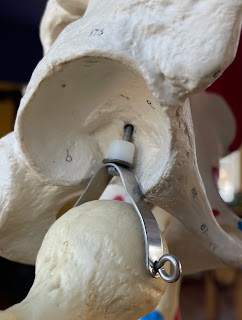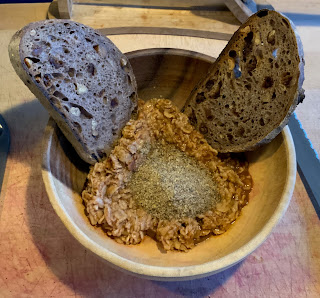Form Follows Function & Function Follows Form

As a teenager, I couldn’t decide if I found design or the human body more interesting. I voraciously read all the architecture books I could get my hands on, and also found movement and the human body endlessly interesting. When a high school project asked me to explore college programs in an area of interest, I sent away for information on programs in ergonomics (do you remember sending away for program information?) Along the way, I became enamored with the architect Louis Sullivan’s maxim that form follows function . I particularly loved this approach to industrial design, perhaps as a reaction to the overbuilt, suburban world of my childhood. Regardless of the motives that were behind my appreciation of a minimalist design aesthetic, I found it ironic that in my career as a Kinesiologist, this maxim flipped to be function follows form . Due to the natural variations in bony structures, some people can squat more readily than other people. In the body, the form of a structure predi...

